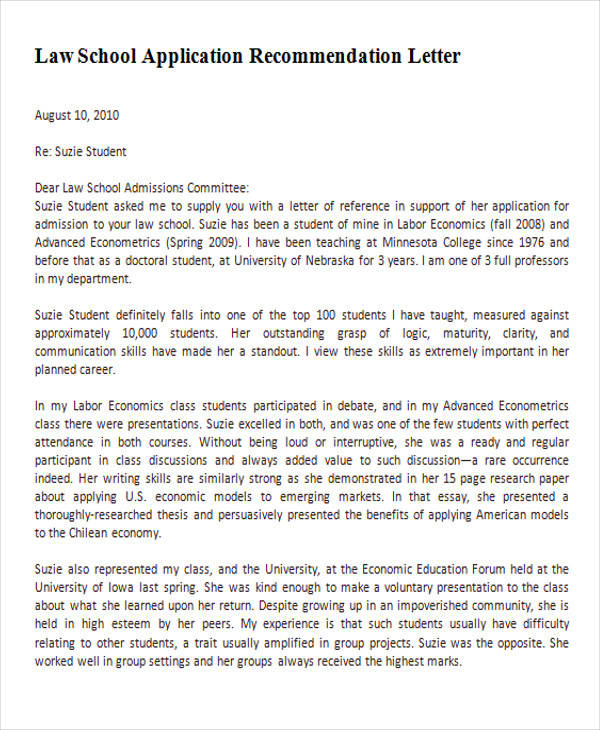As I was reflecting on my high school experience over the weekend, I began reminiscing about some of the students I went to high school with. I realized that each year there managed to always be a small portion of kids who would either barely show up to school or who would almost never show up at all. For example, there was one girl named Ceara who was in my history class in ninth grade who would never show up for class. She would miss all of our class’s lectures, quizzes, tests, and was also known for never turning in her homework assignments on time.
One day when our teacher was taking role, she as expected was not there to answer as her seat was empty. This is when I became extremely curious about her daily whereabouts and what she was doing throughout most of her day. I was able to find out, from a close friend of Ceara’s, that when she was not at school she would be either relaxing at home or hanging out at the park for hours on end. In fact, she would sometimes leave her house pretending to go to her bus stop but would actually head to the end of her cul de sac to smoke weed. The unfortunate part about this entire story is that Ceara’s mother knew nothing about this until she found out months later when she finally checked the long list of voicemails left by the school. These voicemails were sent to inform Ceara that she would have to complete four weeks of the extended school day program if she wanted to graduate from high school on time.
After hearing the truth behind her absence, I wondered how her mom could allow this to happen and not feel any form of guilt for her poor parenting. However, it made me think about what are parents supposed to do if their child is delinquent and it has become virtually impossible to get them to attend school. Should parents of delinquent children really be held legally responsible for their child’s defiant behavior if their child strictly refuses to go to school? Are there any ways for parents of delinquent children to relinquish their responsibilities?
Well, the answer is yes! With the help of programs like CHINS, which stands for Children in Need of Services, parents can take their child to court and make their case in front of a judge that their child is so defiant that they should not be held responsible for their refusal to attend school. In these proceedings, the child is entitled to a lawyer who works in their defense to also help them plead their case and throw the blame back on their parent. The result of these cases can end in numerous ways and can often make the relationship between the child and the parent worse. The delinquent child can either remain with their parent or close relative, be placed in a foster home, be assigned a probation officer, or be placed in the hands of agencies such as the Department of Children and Families that takes in at-risk children. The child is then put in the custody of one of these authoritative figures for a total of six months. In these six months, these individuals will work to reform the child’s negative behavior and promote them to conform to positive behavior such as attending school. I believe that programs like these are necessary to get at-risk children the help they need to ensure they are still able to have a promising future.
As of today, I recently have talked to Ceara and she is now doing very well for herself as she is attending Rowan University in hopes of becoming a nurse. When I had talked to Ceara before senior year had ended, she told me since ninth grade she had been apart of a mentoring program that offered similar services like that of CHINS. Through this program, Ceara was able to graduate high school and is on the road to becoming a successful individual one day. This truly goes to show that at-risk teens can be helped through the efforts of their community and in the CHINS program the help of the legal system.








